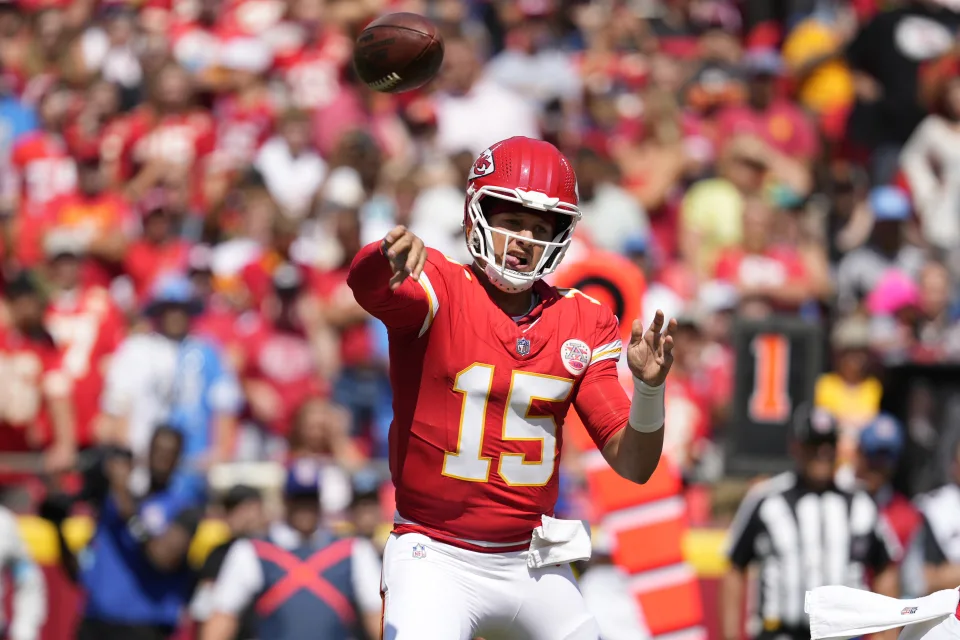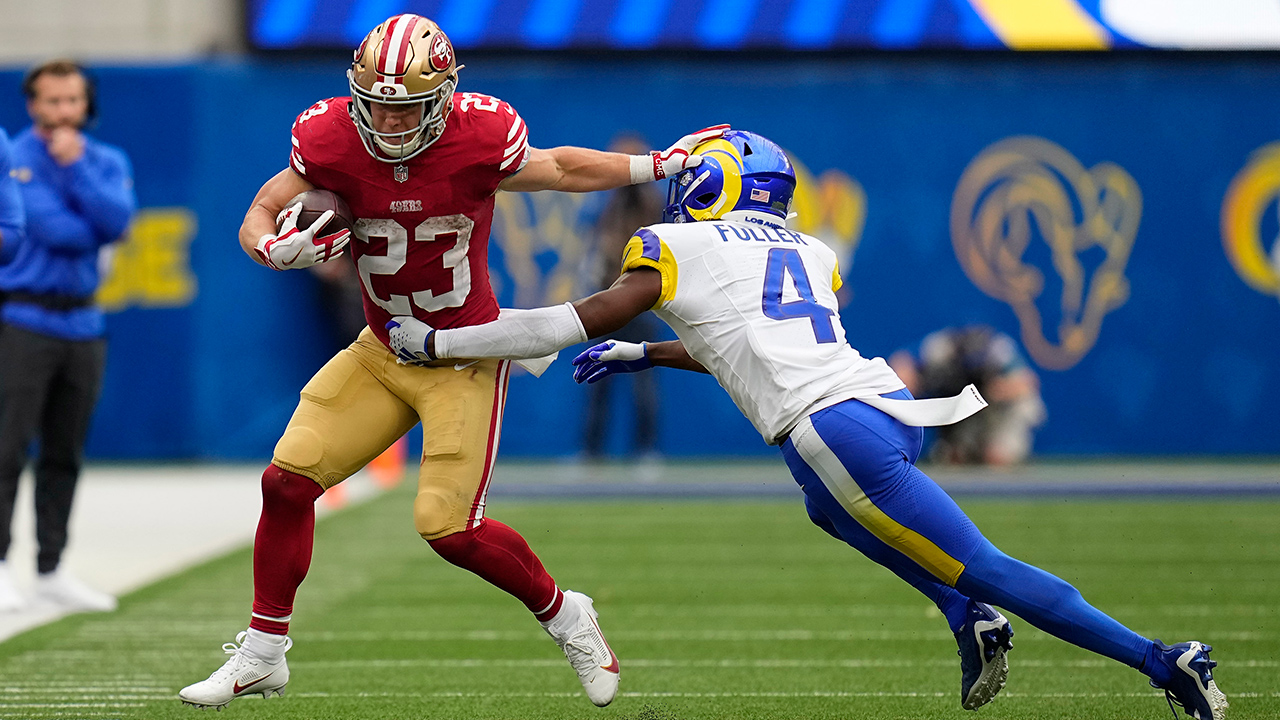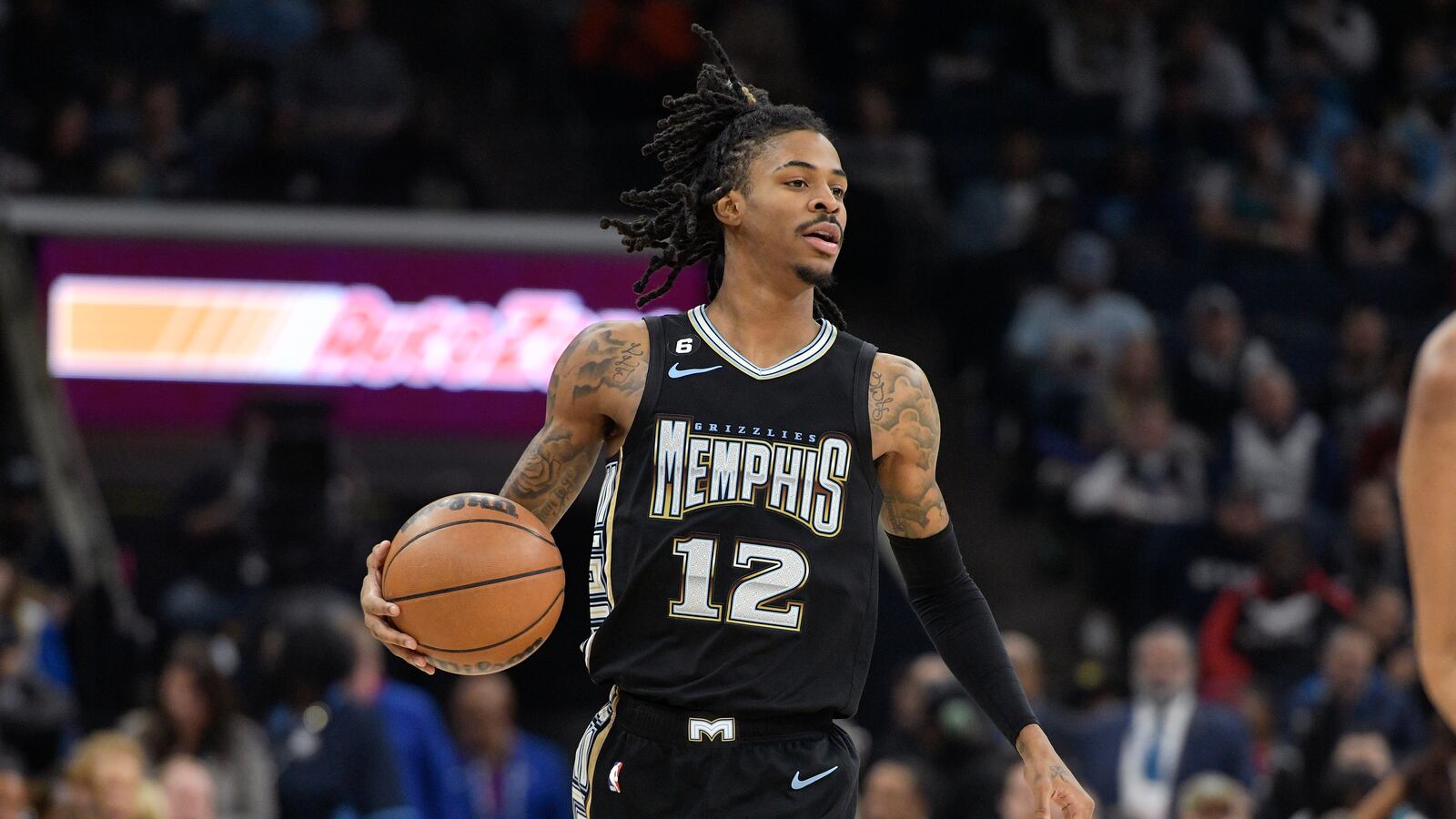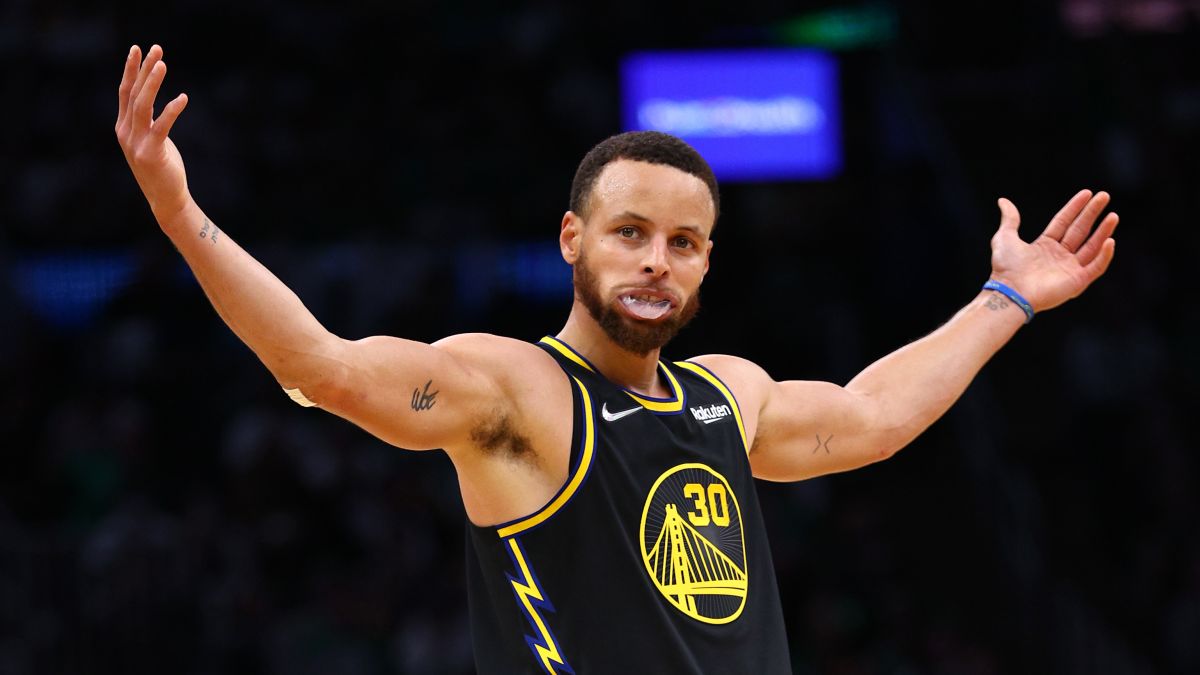A relegation model in the NFL would fundamentally change the league’s dynamics by introducing a two-tier structure with relegation and promotion. Here’s a detailed breakdown of how it could work and what it might mean for teams, fans, and the league as a whole.
1. League Structure
- NFL1 (Top Tier): Consists of 24 teams competing for the Super Bowl, the ultimate prize in the top tier.
- NFL2 (Lower Tier): Includes the remaining 8-10 teams that either have been relegated from NFL1 or are working to get promoted.
The league could also consider a third tier in the future, similar to European soccer leagues, which would allow new or developing teams to enter professional ranks and work their way up.
2. Relegation and Promotion Rules
- Relegation: At the end of each season, the bottom 8 teams in NFL1 (based on regular season standings) would be relegated to NFL2.
- Promotion: The top teams in NFL2 would be promoted to NFL1, incentivizing them to invest in talent, coaching, and performance improvements.
- Playoff Format: NFL1 would maintain a traditional playoff structure culminating in the Super Bowl, while NFL2 could have a modified playoff format to determine promotion.
3. Impact on Teams and Strategy
- Increased Competition: Every team in the NFL1 would have to fight to avoid relegation, meaning even low-ranked games would carry high stakes.
- No More “Tanking”: The temptation to “tank” for high draft picks would be minimized, as teams would risk relegation instead of gaining draft advantages.
- Investment in Youth and Development: Similar to soccer, teams might develop better youth training programs and invest in talent development within their local areas or through academy-like systems.
4. Financial Implications
- Revenue Shifts: Relegation would affect revenue due to reduced TV deals, sponsorships, and fan interest in NFL2. Lower-tier teams might receive less national coverage, while top-tier games would draw more eyes and funds.
- Relegation and Promotion Payments: The league could establish a “parachute payment” system, where relegated teams receive transitional funding to adjust to the financial impact of moving to NFL2. Likewise, promoted teams might receive a “promotion bonus” to strengthen their competitiveness in NFL1.
- Stadium and Infrastructure Investments: Relegated teams would likely see reduced attendance and local economic impact, as fans might lose interest if their team is in the lower tier. This could pressure owners to improve facilities and teams to regain NFL1 status.
5. Changes in Draft and Free Agency
- Draft Reform: The draft could be split between NFL1 and NFL2, with top picks going to the lowest teams in NFL1 to maintain competitive balance. Alternatively, NFL2 could gain draft priority to encourage growth and increase parity between leagues.
- Free Agency Appeal: NFL1 teams would naturally be more attractive to free agents, but relegated teams would need to compete for talent to make a quick return. NFL2 teams might develop unique recruitment strategies to attract up-and-coming players.
6. Effect on Fans and Local Markets
- Fan Engagement: The added drama of relegation battles would likely boost fan engagement in lower-stakes games, as every match could have a significant impact. However, fans of relegated teams might feel alienated, especially if their team is stuck in NFL2.
- Local Economic Impact: Relegation could impact local economies, as smaller market teams may struggle to draw crowds if they’re in NFL2. However, for some markets, this system could bring in excitement as teams fight for promotion.
7. Promotion Pathways for New Markets
- This model could encourage new teams from emerging markets (e.g., cities without NFL representation) to join NFL2 and potentially work their way up to NFL1. It might create opportunities for cities like San Antonio, St. Louis, or others interested in having a professional team.
8. Season Flow and Game Stakes
- Increased Relevance of Each Game: The regular season would be even more critical, as poor performance could mean relegation. Mid-tier teams that might otherwise have a quiet end to the season would be competing for their spot in NFL1.
- Relegation and Promotion Playoffs: The lower end of the NFL1 standings and the upper end of NFL2 standings could introduce thrilling “play-in” games where teams fight for the final promotion or to avoid relegation spots.
9. Broadcasting and Sponsorship
- Premium and Basic Broadcasting Tiers: NFL1 games would likely remain on major networks, while NFL2 could secure broadcast deals with smaller or regional networks. Top NFL2 games might still get primetime slots if the league packages them well.
- Sponsorship Realignment: Top-tier sponsors might focus on NFL1, while regional brands or smaller sponsors could target NFL2 teams to build local loyalty.
10. Adaptation of Scheduling and Rivalries
- Local Derbies and Rivalries: If nearby teams end up in NFL2, it could create new or strengthen existing rivalries. Promotion and relegation could add new excitement to these games.
- Flexibility in Scheduling: Teams might rotate games between NFL1 and NFL2, which could be challenging for scheduling but would keep schedules fresh.
Possible Challenges
- Adapting Fan Expectations: American fans are accustomed to the traditional NFL structure. Relegation might be confusing or even off-putting to some.
- Disparity in Resources: Wealthier teams might still be better equipped to avoid relegation due to their resources, potentially leading to an imbalance in NFL2.
- Complexities in Revenue Sharing: The NFL’s revenue-sharing model would need major adjustments to accommodate the new league dynamics.
The Excitement Factor
- A relegation model could bring a thrilling new layer to the NFL, with underdog stories, dramatic upsets, and high-stakes games every season. Fans might find the league even more engaging, with each game having more impact on a team’s future.
This model would revolutionize how the NFL operates, adding intensity, risk, and reward for every team and fan. It’s a huge change, but it could make the NFL even more exciting, especially for fans who love high-stakes competition.
In a relegation model, poorly run teams and ineffective ownership groups would face immediate, tangible consequences. Unlike the current structure, where struggling teams can linger in the bottom of the standings year after year without significant repercussions, relegation would force accountability. Ineffective management, outdated facilities, and subpar player development programs would lead directly to relegation, resulting in diminished revenue, less media coverage, and a reduced fan base. Owners who fail to prioritize competitive success and operational excellence would risk seeing their team relegated, making it difficult to attract high-level talent, sponsors, and fan loyalty. Over time, this would likely drive out complacent or poorly managed ownership groups, creating space for more ambitious, well-run organizations that are prepared to meet the high stakes of NFL1.
Current Relegated Teams to NFL Division 2
New York Giants 2-7
New Orleans Saints 2-7
Carolina Panthers 2-7
Cleveland Browns 2-7
Jacksonville Jaguars 2-7
Las Vegas Raiders 2-7
New England Patriots 2-7
Tied for the final spot
Tennessee Titans 2-6
Miami Dolphins 2-6





